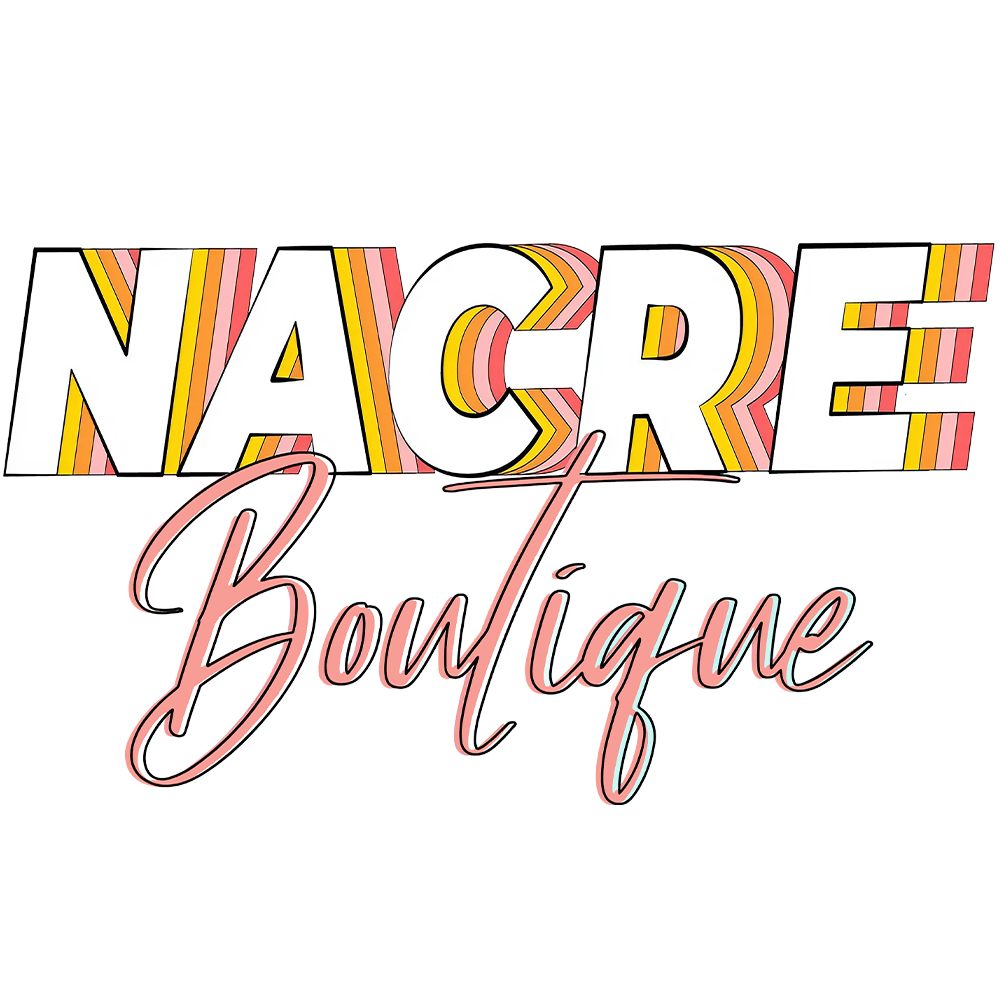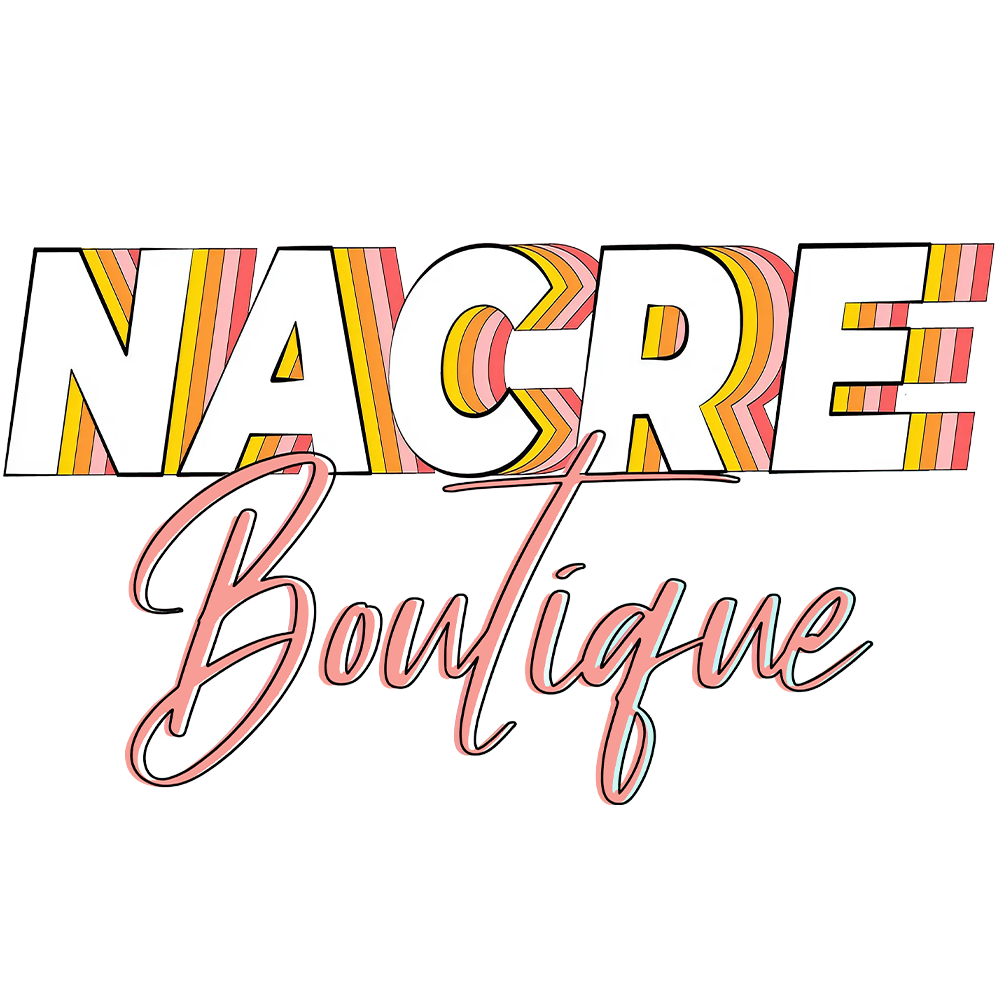World news
Navigating the Ivy League Roast: Tina Fey and Amy Poehler’s Harvard Lampoon Experience
Introduction
In the world of comedy, few duos have achieved the synergy and acclaim of Tina Fey and Amy Poehler. Their collaborations, from Saturday Night Live to co-hosting award shows, have left an indelible mark on the entertainment industry. However, not all their comedic encounters have been met with enthusiasm. One such instance was their experience with the Harvard Lampoon, a revered institution known for its satirical prowess.
The Harvard Lampoon: A Legacy of Satire
Established in 1876, the Harvard Lampoon is one of the nation’s oldest humor magazines. Renowned for its parodic publications and as a breeding ground for comedic talent, the Lampoon has been a cornerstone of Harvard University’s cultural fabric. Over the years, it has hosted and honored numerous comedians, often inviting them for roasts—a tradition where guests are humorously critiqued in a manner meant to be both entertaining and affectionate.
The Lampoon has a long history of fostering humorists who go on to achieve great success in the entertainment industry. Writers and comedians such as Conan O’Brien and John Updike were once part of this prestigious circle, and the organization has played a significant role in shaping the comedic landscape. However, not all honorees have found the experience enjoyable, and Tina Fey and Amy Poehler’s visit to the Lampoon stands out as one of the more awkward encounters.

Fey and Poehler’s Uncomfortable Encounter
Approximately two decades ago, Fey and Poehler were invited to the Harvard Lampoon, an event that left a lasting impression on both. During the inaugural episode of Poehler’s Good Hang podcast, the duo reminisced about this particular visit. Poehler recounted, “We went up to the Harvard Lampoon… I remember I hated every minute being at the Harvard Lampoon.”
Fey echoed this sentiment, describing the students as “a bunch of dorks.” The essence of their discomfort stemmed from the roast’s execution. Fey elaborated, “They invite you to come up and then you go there and then a bunch of, like, snively little worms try to roast you, and they’re not good at it.”
Unlike the sharp, well-crafted jokes that make for an enjoyable roast, the humor at the Lampoon event seemed to miss the mark. Fey and Poehler, both veterans of the comedy scene, found themselves unimpressed by the students’ attempts at satire. Instead of feeling honored, they felt subjected to humor that lacked polish, wit, and the warmth that a successful roast should have.
The Art of the Roast: When Humor Misses the Mark
Roasting is a delicate art form that requires a balance between humor and respect. When executed well, it can be a testament to camaraderie and mutual admiration. However, in the case of Fey and Poehler’s Lampoon experience, the roast seemed to lack the finesse and warmth typically associated with such events. Poehler noted, “No, they’re not good at it… And they make you go through this kind of initiation.”
This sentiment underscores the importance of context and delivery in comedy. Even seasoned comedians like Fey and Poehler can find themselves in situations where humor becomes uncomfortable, highlighting that the intent behind a joke is as crucial as its content. A roast should never feel like a personal attack or an attempt to belittle the honoree—it should be a skillfully crafted tribute, using humor to celebrate rather than alienate.
The Lampoon’s approach, however, seemed to lean more toward awkward hazing than a witty send-up. This raises the broader question of whether comedic institutions like the Lampoon should evolve their traditions to align with contemporary standards of humor and respect.

Reflections and Moving Forward
Despite the unpleasantness of the event, Fey and Poehler’s reflections serve as a reminder of the subjective nature of comedy. Their candid discussion about the Harvard Lampoon roast offers insight into the challenges comedians face, even when they are the subjects of humor rather than the purveyors.
Over the years, both have continued to achieve remarkable success, perhaps finding humor in the irony of their Harvard experience. Their story also serves as a lesson for aspiring comedians about the nuances of satire and the importance of empathy in humor. Roasting, when done right, strengthens bonds and celebrates achievements rather than creating discomfort or resentment.
The broader conversation around their experience also highlights a shift in comedy. Audiences and performers alike are becoming more aware of the fine line between humor and disrespect. The best comedians—Fey and Poehler included—understand that true comedy comes from intelligence, timing, and an understanding of one’s audience.
Los Angeles Lakers Legend Signature Thank You For The Memories Unisex T-Shirt
Conclusion
Tina Fey and Amy Poehler’s encounter with the Harvard Lampoon is a testament to the complexities inherent in comedic traditions. While the intent may have been to honor them through satire, the execution left much to be desired. Their experience highlights that even in institutions famed for their comedic legacy, the art of roasting requires a deft touch—one that respects and celebrates its subjects rather than alienates them.
As the comedy landscape continues to evolve, perhaps institutions like the Harvard Lampoon will refine their approach, ensuring that their roasts remain both funny and respectful. And while Fey and Poehler may not have fond memories of their visit, their story serves as a valuable lesson in the ever-changing world of humor.
From nacreboutique


